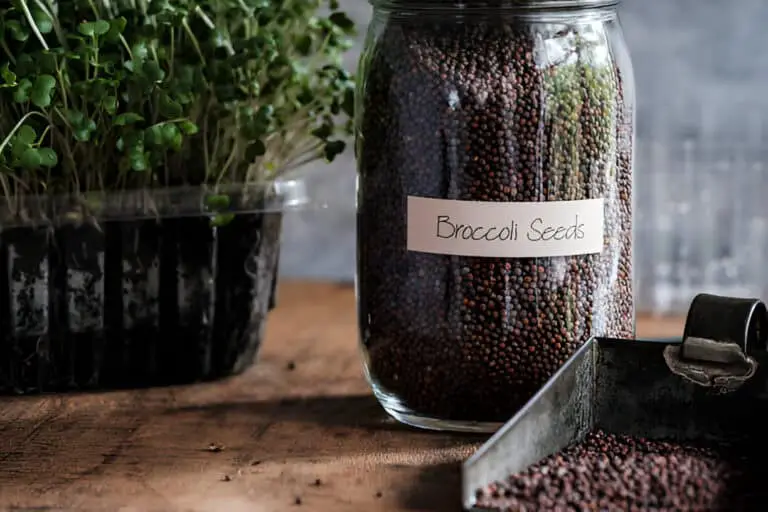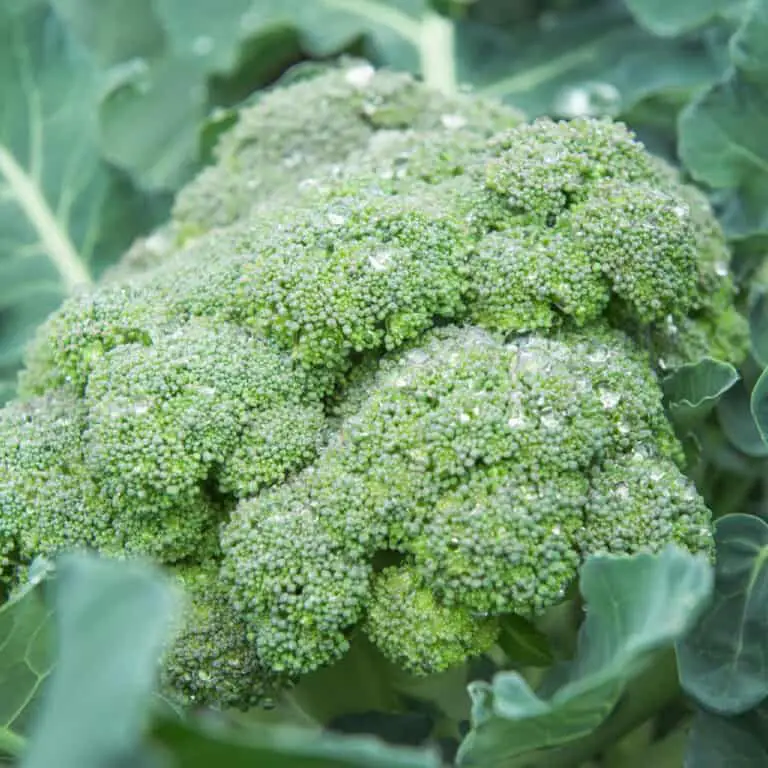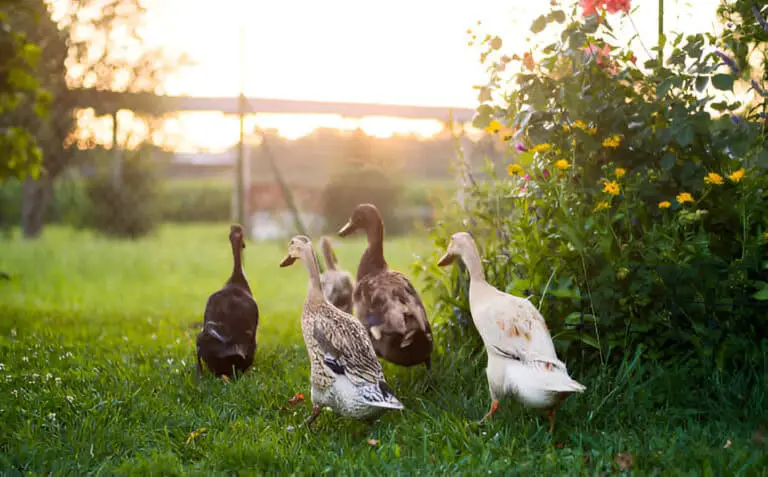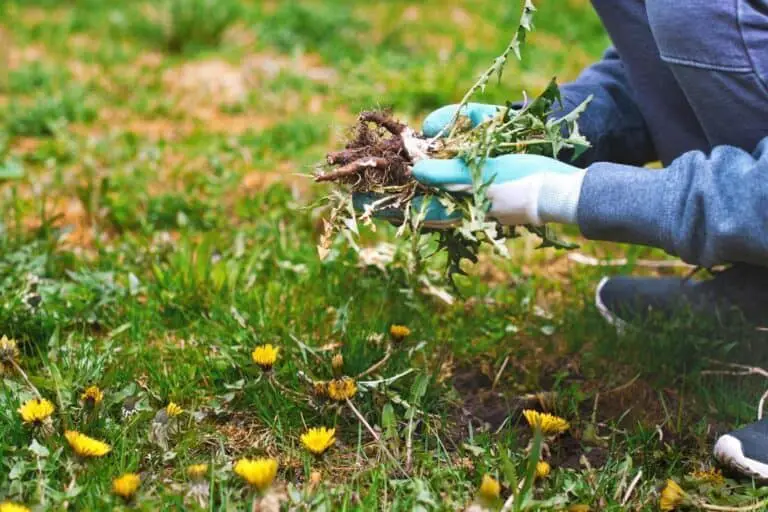Do Male Ducks Hurt Ducklings? What I Noticed in My Own Flock

If you’re new to the world of ducks, you may have heard conflicting opinions about how males interact with ducklings. On one hand, you have the charming image of a loving drake gently guiding his little ones. On the other hand, there’s the concern—can male ducks be aggressive towards ducklings? I’ve had my fair share of experiences with both scenarios, so I’m here to share what I’ve observed in my own flock and what you really need to know before introducing male ducks to your new ducklings.
The Male Duck Myth: Are They Dangerous?
The truth about male ducks and their behavior towards ducklings isn’t as simple as “yes” or “no.” While we all want the idyllic scene of a father duck teaching his little ones to swim and forage, the reality can be a bit more complex.
In many cases, male ducks don’t have the same nurturing instincts as hens. They aren’t usually the ones cuddling up with the babies or keeping them safe from predators. Instead, their role tends to lean more toward being the protector of the flock, which doesn’t always translate into the most gentle demeanor towards ducklings.
In my experience, male ducks are often more focused on establishing their dominance and securing their position within the group. This means they may unintentionally pose a threat to the younger, smaller members of the flock. However, it’s important to note that not all male ducks are aggressive, and many drakes are calm and protective toward their ducklings—especially when raised together.
Aggression: Why It Happens
A lot of the aggression I’ve witnessed in male ducks towards ducklings boils down to a few key factors:
- Hormonal Changes: Male ducks go through their own version of “teenage angst,” especially during the breeding season. They become more territorial, protective of their mates, and occasionally less tolerant of newcomers. This can lead to behaviors that seem overly rough, especially if the ducklings are viewed as competition.
- Territoriality: Male ducks are wired to protect their territory and mates. If they feel their space is being encroached upon, or if they perceive the ducklings as a potential threat to their social hierarchy, they might act aggressively. This can range from chasing to outright physical confrontation.
- Lack of Socialization: If male ducks aren’t properly socialized with ducklings or raised in an environment where they’re accustomed to younger ducks, they may react poorly when encountering them. They might see the ducklings as outsiders, and their instinct could lead to aggression.
- Protective Instincts Gone Awry: In rare cases, some males may overreact to the presence of ducklings, thinking they are threats even if they are not. This could lead to them chasing or pecking at the little ones in a misguided attempt to protect the flock.
My Personal Experience with Male Ducks and Ducklings
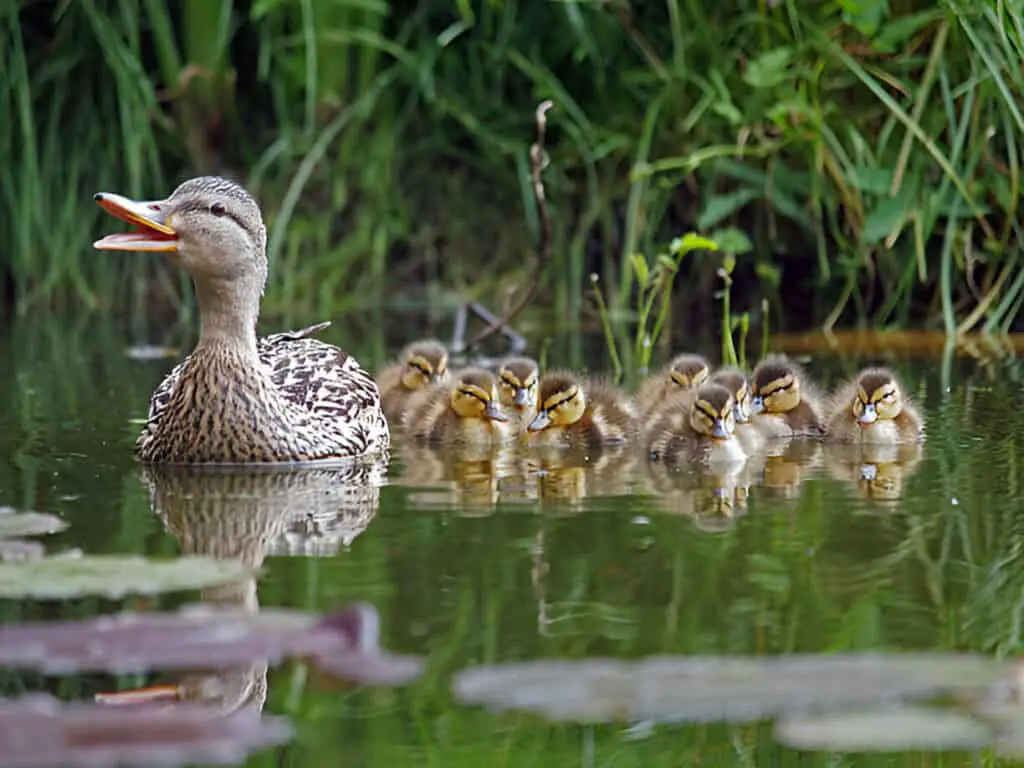
When I first introduced a new batch of ducklings to my flock, I was filled with excitement, anticipating the warm, fuzzy moments of the adult ducks bonding with the babies. However, what I didn’t expect was how protective my male ducks could get. One particular drake, who had been with my flock for a while, was less than impressed by the new arrivals. He spent the first few days chasing them off, trying to assert his dominance over what he saw as competition.
At first, it was worrying. I thought I’d made a mistake by introducing them too early. But, as time passed, I noticed a shift in behavior. The male ducks began to mellow out as the ducklings grew, and after a few weeks, they were able to coexist peacefully.
The drakes, while still somewhat territorial, accepted the ducklings as part of the flock and no longer acted aggressively. I realized that with time, patience, and proper space, male ducks and ducklings can form a harmonious group—just not without a little initial tension.
Signs That Male Ducks Are Aggressive Toward Ducklings
If you’re considering adding male ducks to your flock with ducklings, there are a few red flags to watch out for. Here’s what to look for if you suspect that a male duck may be too rough with his younger counterparts:
- Chasing: If the male is constantly chasing the ducklings and they’re running away, that’s a sign of territorial behavior or aggression.
- Pecking: Watch for aggressive pecking. While some pecking is normal, excessive pecking on the ducklings can result in injuries.
- Isolation: If the male isolates the ducklings from the rest of the flock or forces them away from food and water, this is a sign that he’s asserting dominance in an unhealthy way.
- Huddling in Corner: If the male keeps the ducklings in a corner or confines them to one space, it could mean he’s treating them as outsiders or threats.
How to Handle Male Ducks and Ducklings Together
If you’re raising male ducks alongside ducklings, you want to do everything possible to ensure the safety and well-being of your young ones. Here are some tips based on what I’ve learned from my own flock:
1. Slow Introduction:
Avoid immediately combining the male ducks and ducklings. Give them time to acclimate. I found that separating them at first, with the males in their area and the ducklings in a safe space, helped them get used to each other’s presence without direct contact.
2. Provide Enough Space:
Sometimes, aggression stems from feeling overcrowded. Make sure your ducks, especially the males, have enough space to roam freely. This can reduce territorial fights and give both the males and ducklings a sense of security.
3. Observe, Observe, Observe:
Keep a close eye on their interactions, especially during the first few weeks. This allows you to catch any signs of aggression early, and you can intervene before things escalate.
4. Provide a Safe Haven:
If you notice that the males are still being too aggressive, create a safe zone where the ducklings can retreat and feel protected. This could be a separate pen or a corner where the male ducks can’t reach them.
5. Ensure Adequate Food and Water:
Sometimes, resource guarding can trigger aggression. Make sure there’s enough food and water for everyone, so the males aren’t feeling like they need to guard the resources from the ducklings.
| Read: Can a Domestic Duck Survive in the Wild? |
Conclusion
While it’s not uncommon for male ducks to show aggression toward ducklings, the situation is usually temporary and can be managed with patience and careful supervision. Understanding why male ducks behave the way they do—whether out of territoriality, hormonal changes, or simply the natural pecking order—can help you navigate these tricky situations. With the right steps, most male ducks can coexist peacefully with their ducklings, even if it takes a little time to establish the boundaries.
Like any other animal, male ducks possess unique quirks and personalities. While some may be overly rough, others will take to the ducklings like a protective father. If you’re responsible for raising male ducks with their ducklings, it’s important to take your time, observe their behavior, and don’t hesitate to intervene when necessary. With the right balance, you’ll have a happy, healthy flock.

